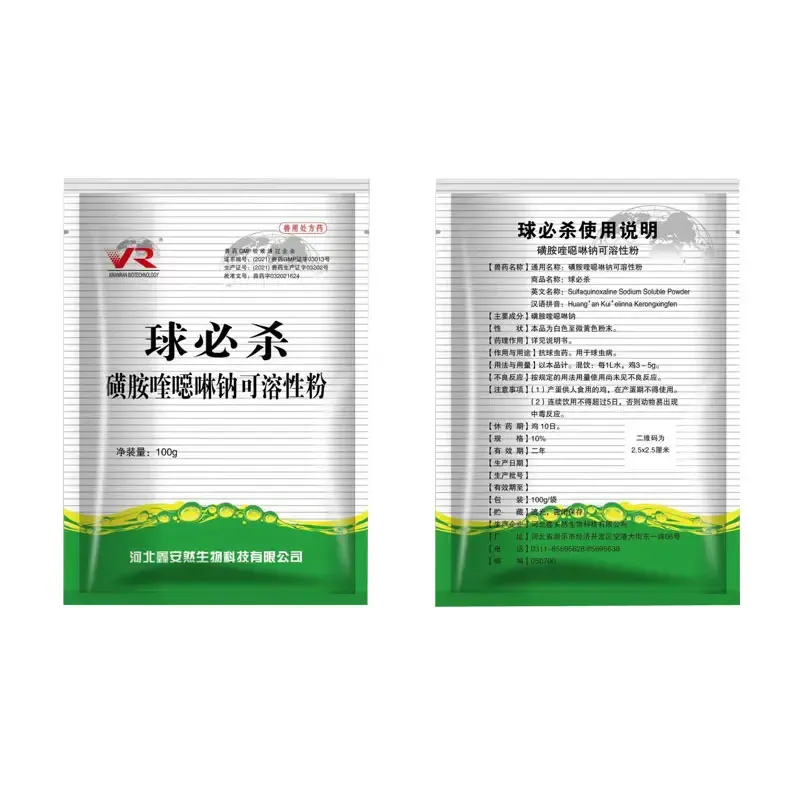- Afrikaans
- Albanian
- Amharic
- Arabic
- Armenian
- Azerbaijani
- Basque
- Belarusian
- Bengali
- Bosnian
- Bulgarian
- Catalan
- Cebuano
- Corsican
- Croatian
- Czech
- Danish
- Dutch
- English
- Esperanto
- Estonian
- Finnish
- French
- Frisian
- Galician
- Georgian
- German
- Greek
- Gujarati
- Haitian Creole
- hausa
- hawaiian
- Hebrew
- Hindi
- Miao
- Hungarian
- Icelandic
- igbo
- Indonesian
- irish
- Italian
- Japanese
- Javanese
- Kannada
- kazakh
- Khmer
- Rwandese
- Korean
- Kurdish
- Kyrgyz
- Lao
- Latin
- Latvian
- Lithuanian
- Luxembourgish
- Macedonian
- Malgashi
- Malay
- Malayalam
- Maltese
- Maori
- Marathi
- Mongolian
- Myanmar
- Nepali
- Norwegian
- Norwegian
- Occitan
- Pashto
- Persian
- Polish
- Portuguese
- Punjabi
- Romanian
- Russian
- Samoan
- Scottish Gaelic
- Serbian
- Sesotho
- Shona
- Sindhi
- Sinhala
- Slovak
- Slovenian
- Somali
- Spanish
- Sundanese
- Swahili
- Swedish
- Tagalog
- Tajik
- Tamil
- Tatar
- Telugu
- Thai
- Turkish
- Turkmen
- Ukrainian
- Urdu
- Uighur
- Uzbek
- Vietnamese
- Welsh
- Bantu
- Yiddish
- Yoruba
- Zulu
aŭg . 30, 2024 02:03 Back to list
Ivomec Injection for Cattle - Effective Parasite Control
Ivomec Injection for Cattle A Comprehensive Guide
Ivomec, generically known as ivermectin, is a widely used injectable anthelmintic and antiparasitic medication in cattle. This powerful drug is essential for the management of various internal and external parasites that can pose significant health risks to cattle. Its effectiveness, safety profile, and ease of use make it a preferred choice among veterinarians and livestock producers alike.
Understanding Ivomec
Ivermectin works by disrupting the neurological functions of parasites, ultimately paralyzing and killing them. It is particularly effective against a broad range of parasites, including roundworms, lungworms, grubs, and external parasites such as lice and mites. The drug is well-absorbed when injected and distributes throughout the body, providing systemic protection.
Indications for Use
Ivomec injection is primarily indicated for treating and controlling internal and external parasites in cattle
. Specifically, it targets- Gastrointestinal Nematodes These include various types of roundworms that can cause significant health issues, affecting weight gain and overall productivity. - Lungworms These parasites can impede respiratory function, leading to pneumonia and other complications. - Ectoparasites External parasites such as lice and mites can cause irritation, skin infections, and stress, leading to reduced productivity in cattle.
Dosage and Administration
ivomec injection for cattle

Administering Ivomec injection requires adherence to appropriate dosages to ensure effectiveness while minimizing the risk of resistance development among parasites. The dosage typically recommended for cattle is 1 ml per 110 lbs of body weight, administered subcutaneously. It’s critical to follow the manufacturer's guidelines for dosage and administration, as well as considering factors such as the specific parasite load and the health status of the animal.
Withdrawal Times
One essential aspect of using Ivomec is its withdrawal time, the period required before animals can be safely slaughtered for food or before their milk can be consumed. For cattle, the meat withdrawal time is usually set at 35 days, and for milk, it’s often 72 hours. Adhering to these withdrawal periods is crucial for food safety and regulatory compliance.
Safety and Precautions
Ivomec is generally considered safe for use in cattle when administered correctly. However, there are some precautions to take into account. Caution is advised when treating sick animals or those under stress, as their physiological response might differ. Additionally, some breeds, particularly Collies and other herding breeds, may have hypersensitivity to ivermectin; hence, it’s vital to consult with a veterinarian before administration.
Conclusion
In summary, Ivomec injection is an invaluable tool in cattle management, allowing producers to effectively control parasitic infections that can lead to economic losses and health issues in their herds. Understanding the correct use, dosing, and safety measures associated with Ivomec can enhance cattle health and productivity, leading to better outcomes in livestock operations. As always, collaborating with a veterinarian can provide further insights and tailored recommendations for specific herd needs.
-
Guide to Oxytetracycline Injection
NewsMar.27,2025
-
Guide to Colistin Sulphate
NewsMar.27,2025
-
Gentamicin Sulfate: Uses, Price, And Key Information
NewsMar.27,2025
-
Enrofloxacin Injection: Uses, Price, And Supplier Information
NewsMar.27,2025
-
Dexamethasone Sodium Phosphate Injection: Uses, Price, And Key Information
NewsMar.27,2025
-
Albendazole Tablet: Uses, Dosage, Cost, And Key Information
NewsMar.27,2025













